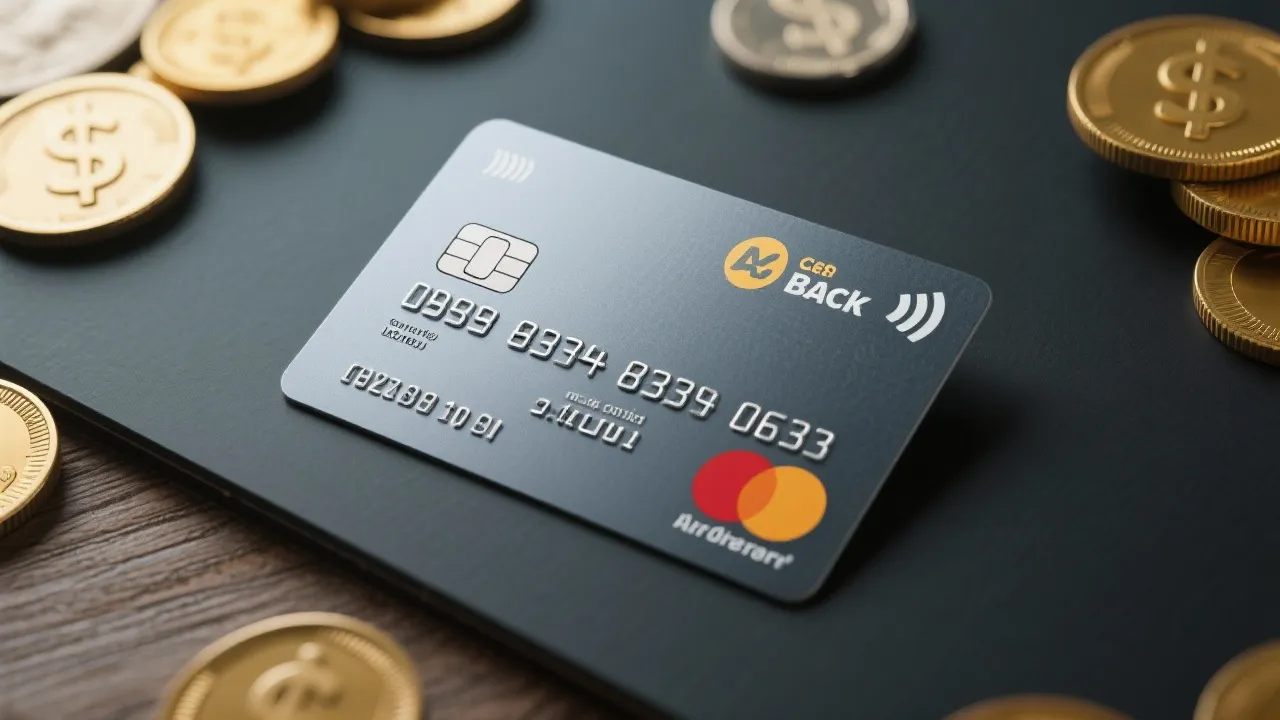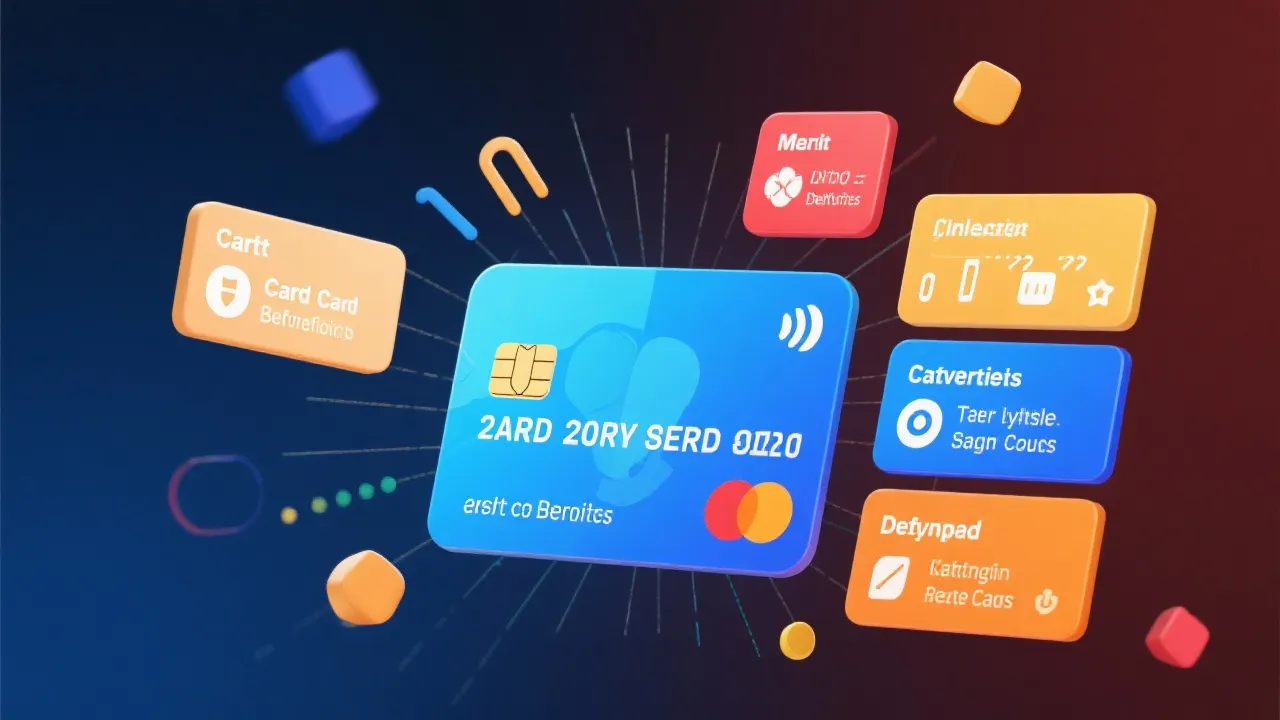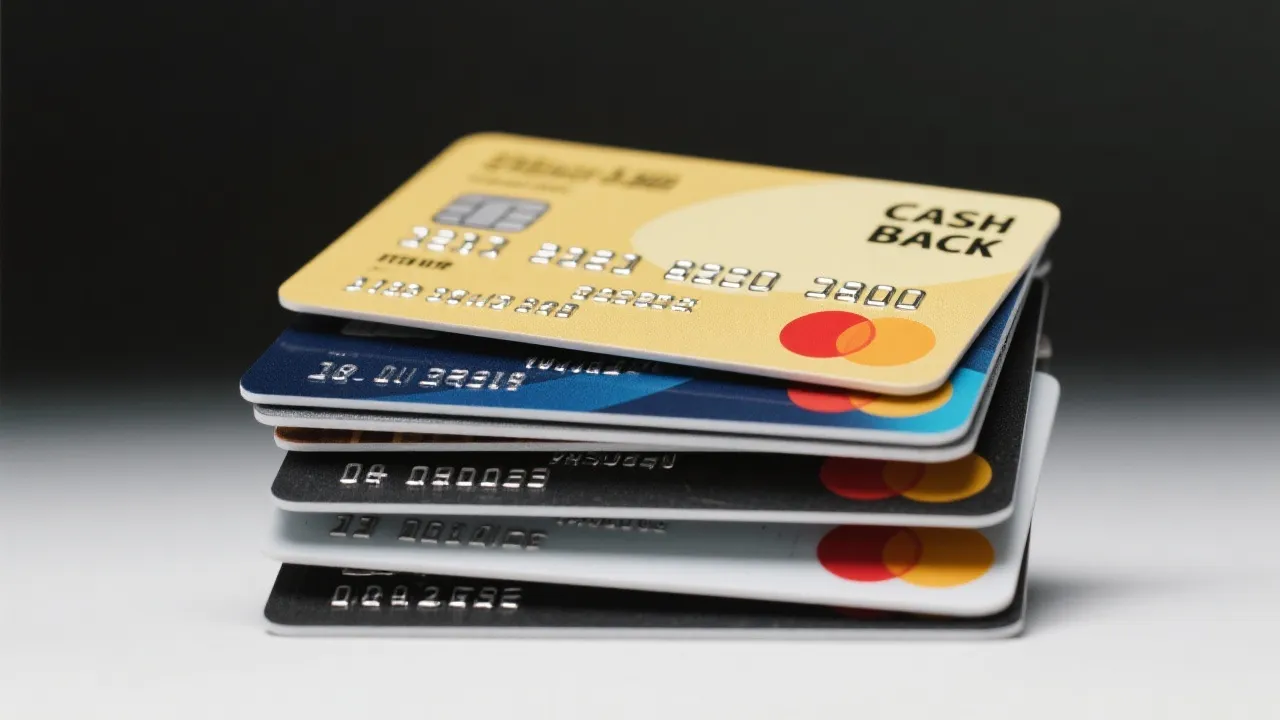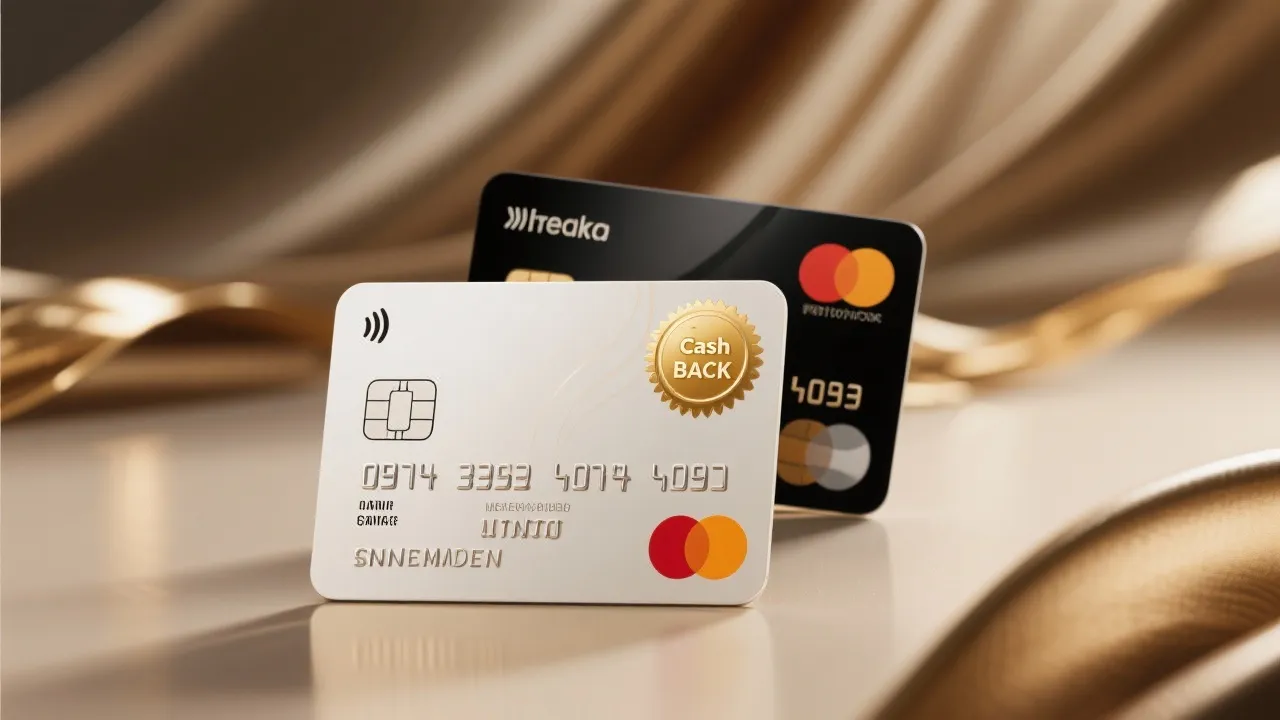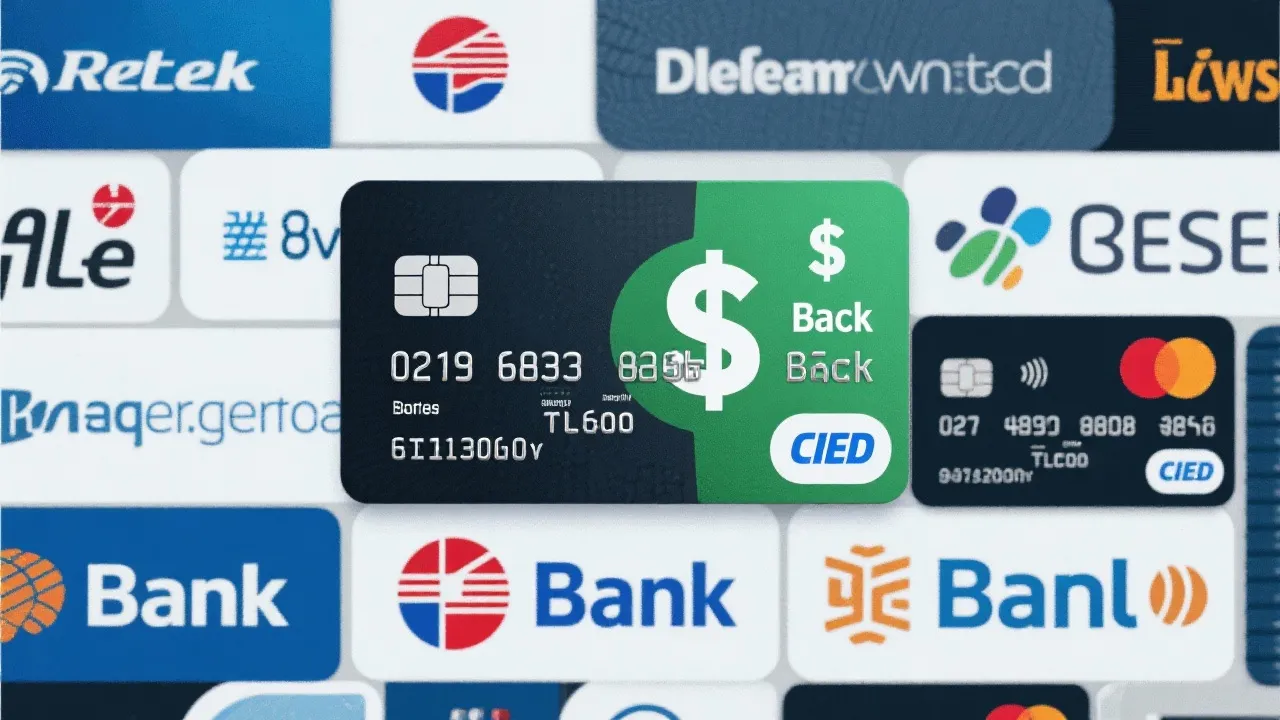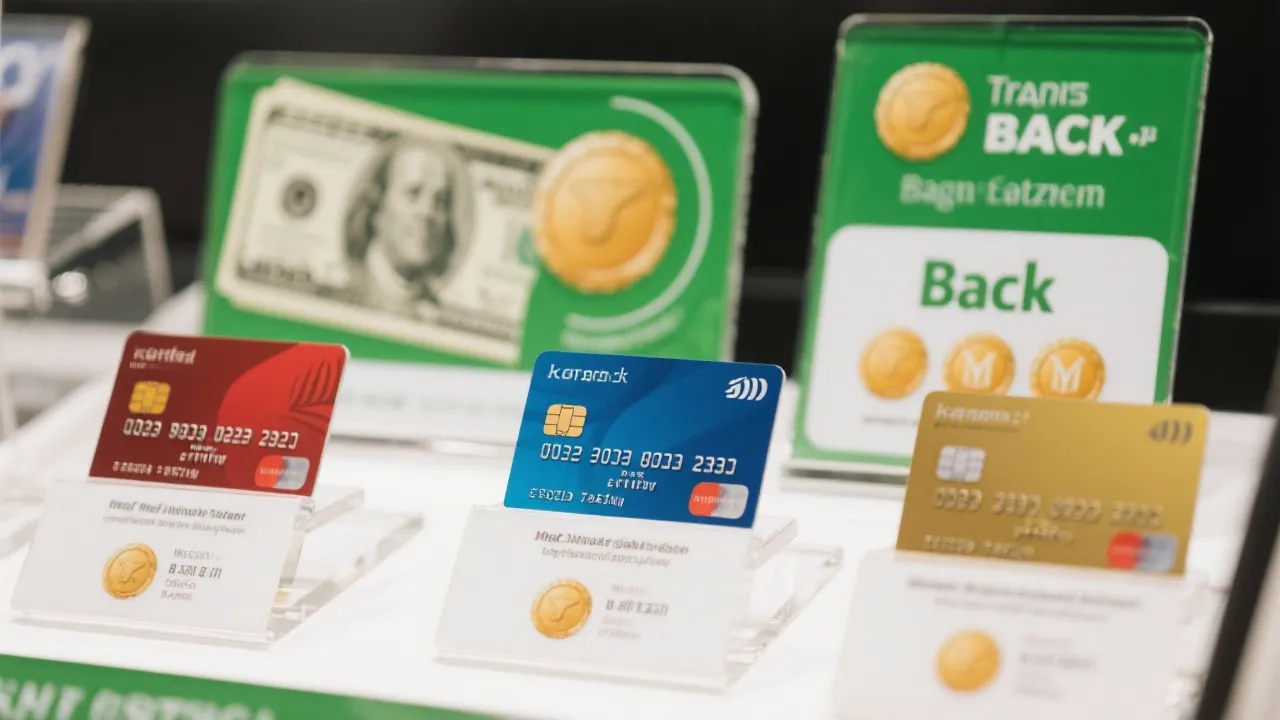Understanding BBA LIBOR and Bank Offers
This guide delves into the world of BBA LIBOR and highlights current bank account opening bonuses. BBA LIBOR, an essential interest rate benchmark historically used in finance, offers insight into market liquidity and trends. Meanwhile, various U.S. banks provide bonuses to new account holders, incentivizing deposits and customer engagement.
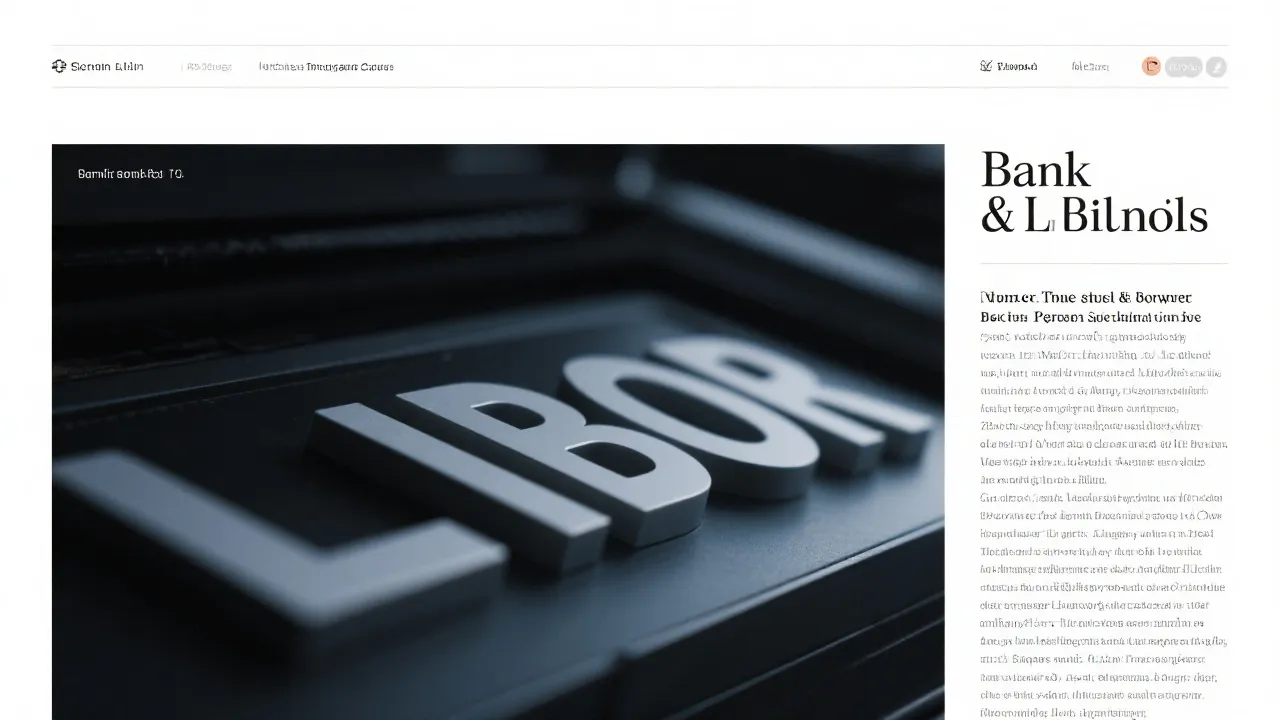
Understanding BBA LIBOR
The BBA LIBOR, an acronym for the British Bankers' Association London Interbank Offered Rate, has been a cornerstone in the financial industry for decades. It served as a benchmark interest rate, used globally as a reference for setting various borrowing rates between major banks and corporations. This vital financial tool historically provided insights into the economic climate, influencing everything from mortgage rates to student loans. LIBOR rates were calculated based on the average interest rates that major global banks reported for borrowing from each other on a range of maturities, from overnight to one year. This functionality allowed banks, corporations, and investors to gauge the cost of borrowing and adjust their financial strategies accordingly.
For instance, in a thriving economy characterized by rising consumer demand and increased spending, LIBOR rates would tend to increase as banks would charge more to lend money. Conversely, during economic downturns, rates would decrease, reflecting a willingness among banks to offer loans at cheaper rates in an effort to stimulate growth. This made LIBOR not just a rate but a barometer of market sentiment around the globe, and thus a valuable tool for economic analyses.
Transition from BBA LIBOR
In response to financial scandals and regulatory reforms, global financial systems have gradually shifted from LIBOR to more reliable benchmarks like the Secured Overnight Financing Rate (SOFR) in the United States. This transition seeks to enhance transparency and reduce manipulation risks witnessed in the past. The move was largely catalyzed by the LIBOR scandal that came to light during the 2008 financial crisis when it was revealed that many banks were manipulating LIBOR rates to benefit their positions. These revelations triggered a loss of faith in the benchmark and led to regulatory authorities worldwide deeming a comprehensive overhaul necessary.
SOFR, which is based on the actual transactions in the U.S. Treasury repurchase market, has been deemed less susceptible to manipulation since it reflects real borrowing costs rather than self-reported rates. The transition involves a concerted effort from financial institutions and requires a substantial shift in contracts, systems, and processes that had long relied on LIBOR as a benchmark. This evolution also includes a broader acceptance of alternative rates in different regions, including the Sterling Overnight Index Average (SONIA) in the UK and the Euro Short-Term Rate (€STR) in Europe, further emphasizing the global shift away from LIBOR.
Bank Account Bonuses: An Overview
As financial landscapes evolve, banks continue to attract new customers through competitive bonuses tied to account openings. These promotional offers not only increase consumer engagement but also provide an opportunity for banks to expand their customer base. Below, we explore the incentives offered by leading U.S. banks as of October 2023. Each bank's bonuses can serve as a strategic means of maximizing returns for consumers who choose to open or switch their banking accounts.
Understanding the differences in bank bonuses can significantly impact your choice of banking institutions. Typically, banks structure their account bonuses to encourage direct deposits, which ensure a steady inflow of funds into the bank. The competitive nature of these offers means customers are likely to find attractive deals that align with their financial habits. Below, we delve into the specifics of the bonuses on offer, illustrating the strategies employed by different banks to secure new customers.
| Bank | Account Type | Bonus Conditions | Bonus Amount |
|---|---|---|---|
| Bank of America | Personal Checking | Direct deposits totaling $2,000 within 90 days | $200 |
| Chase Bank | Total Checking | One direct deposit within 90 days | $300 |
| Citibank | Regular Checking | Direct deposits of $6,000 within 90 days | $450 |
| Wells Fargo | Everyday Checking | Direct deposits totaling $1,000 within 90 days | $300 |
| SoFi Bank | Checking and Savings | $1,000 for $50 bonus, $5,000 for $300 bonus | $50-$300 |
| Capital One Bank | 360 Checking | Two direct deposits of $500+ within 75 days | $250 |
Source: Examine bank official websites for further details and to verify current offers. It is crucial to be aware of each bank’s operational conduct and feedback from existing customers, as this can provide insight into both the pros and cons of opening an account under their promotions.
Steps to Access Bank Bonuses
The process to claim these substantial bonuses typically involves fulfilling specific conditions such as setting up direct deposits and maintaining the account for a specified period. Here's how you can access some of these attractive incentives:
- For Bank of America, ensure you deposit at least $2,000 through direct deposits within 90 days to claim a $200 bonus.
- Chase Bank offers a $300 bonus with at least one direct deposit of any amount within 90 days.
- Citibank mandates direct deposits totaling $6,000 or more within 90 days for a $450 bonus.
- Wells Fargo's $300 reward requires direct deposits of at least $1,000 within the same timeframe.
- SoFi offers tiered bonuses of $50 to $300 depending on direct deposit amounts, either $1,000 or $5,000 respectively.
- Use promo code REWARD250 with Capital One to grab a $250 bonus by making two $500+ direct deposits within 75 days.
Understanding the application process is essential as it can also ensure you don’t miss out on other promotional offers or account features that may complement your primary incentive. For example, some banks may have additional bonuses for maintaining a minimum balance for a specific duration, or for enrolling in their mobile banking services. Always read the fine print related to bonuses, including any fees associated with maintenance of the account that might offset the perceived benefits of the bonus itself.
Benefits of Opening a New Bank Account
Beyond the immediate financial incentives of bonuses, opening a new bank account can offer additional advantages that contribute to better financial management. Here are a few compelling reasons to consider:
- Better Interest Rates: Some banks provide higher interest rates on savings accounts or checking accounts for new customers, allowing your money to grow more effectively.
- Enhanced Features: Many new accounts come with upgraded features such as online banking, mobile banking apps, and budgeting tools that help consumers track their spending, manage payments, and save for future goals.
- Access to Financial Products: Opening a new bank account can also create opportunities to engage with various financial products such as loans, credit cards, and investment accounts that might be more favorable to new customers.
- Better Customer Service: Starting fresh with a new bank can lead to improved customer service experiences, especially if the previous institution fell short in responding to inquiries or resolving issues.
- Reward Programs: In addition to account bonuses, many banks offer loyalty programs, rewards for certain transactions, or discounts on loans which further enhance the benefits of account openings.
However, prospective customers should weigh these benefits against the potential drawbacks, such as account fees, minimum balance requirements, and any limitations on withdrawals or transactions. By comparing these factors across multiple banks, consumers can make informed decisions that are aligned with their financial objectives.
Considerations After Opening a New Account
Once you have successfully opened a new bank account and claimed your bonus, there are several considerations to keep in mind to maximize your banking experience. Managing a new account thoughtfully is pivotal to ensuring that you continue to reap benefits. Here are some key aspects to monitor:
- Fees: Regularly review your account statements for any unforeseen fees that may be applied. Understanding the fee structure will help you avoid unnecessary charges.
- Minimum Balance Requirements: Make sure you are aware of and can comfortably maintain any minimum balance required to avoid fees or to stay eligible for optimal interest rates.
- Interest Rates: Keep tabs on any changes in interest rates, especially if you opened a savings account with promotional rates that might decline after an introductory period.
- Promotions and Offers: Banks regularly update their promotions; staying informed can provide opportunities for additional rewards or bonuses that can enhance your banking experience.
FAQs
What was BBA LIBOR's role in finance? BBA LIBOR served as a crucial benchmark interest rate that influenced various financial products and transactions globally, affecting everything from corporate lending to personal mortgages.
Why was LIBOR replaced? The transition away from LIBOR was necessitated by scandals and a need for more reliable and transparent financial benchmarks, with regulators favoring rates grounded in real transactions.
How can I ensure I receive a bonus for opening a bank account? Carefully review each bank's bonus conditions; qualify by meeting the necessary direct deposit amount and within the stipulated time frame to successfully gain the bonus.
What should I do if I don’t receive my bonus? In case you don’t receive your bonus, contact customer service for clarification. Keep records of your direct deposit transactions and follow up with the bank promptly.
Are there tax implications for bank bonuses? Yes, bank bonuses are typically considered taxable income in the year they are received, and it’s important to report said income when filing taxes.
Disclaimer
The above information is sourced from online resources and reflects data available as of October 2023. Bonuses and terms may change; it is advisable to verify details on banks' official websites or customer service before account opening. Availability and conditions may vary by region, reflecting the dynamics of competitive banking strategies and customer engagement initiatives.
Reference Links:
As you explore your banking options, remember to continuously evaluate your choices and ensure that your selected financial institution aligns with your goals and lifestyle. In an increasingly competitive banking environment, staying informed and proactive regarding your financial portfolio is key to making the most out of your banking experiences. Whether you're utilizing bonuses, managing daily banking needs, or considering long-term financial growth, staying engaged with your banking relationships will yield the best outcomes over time.





